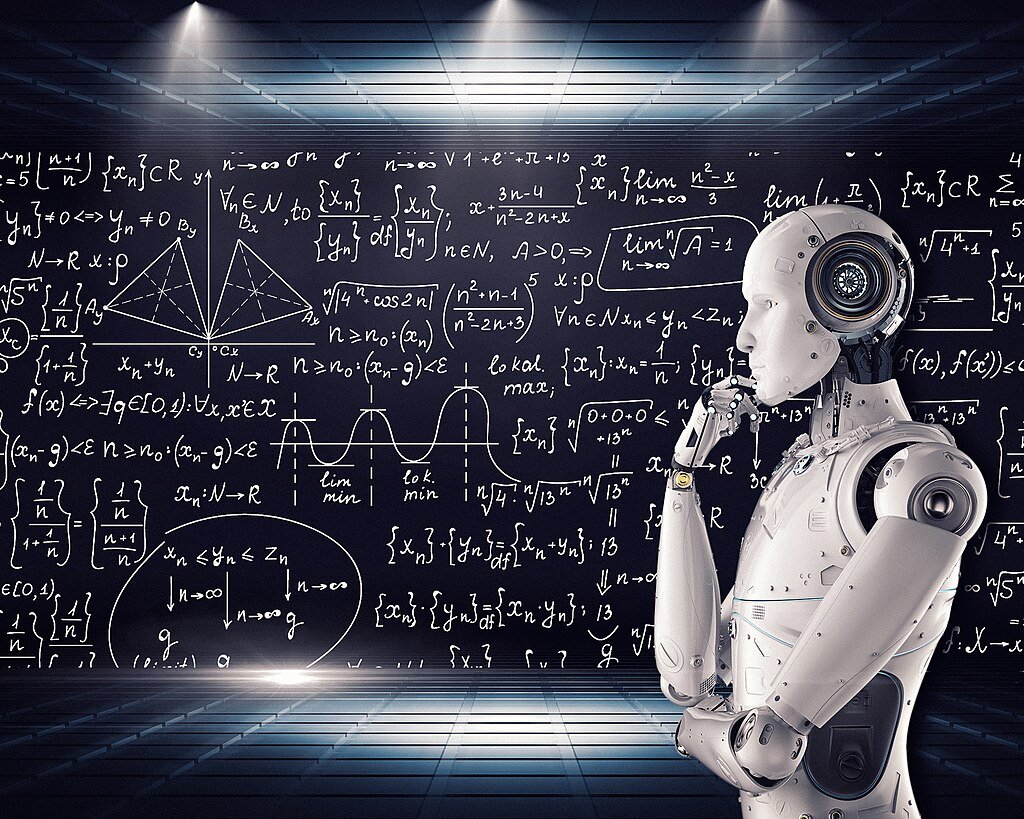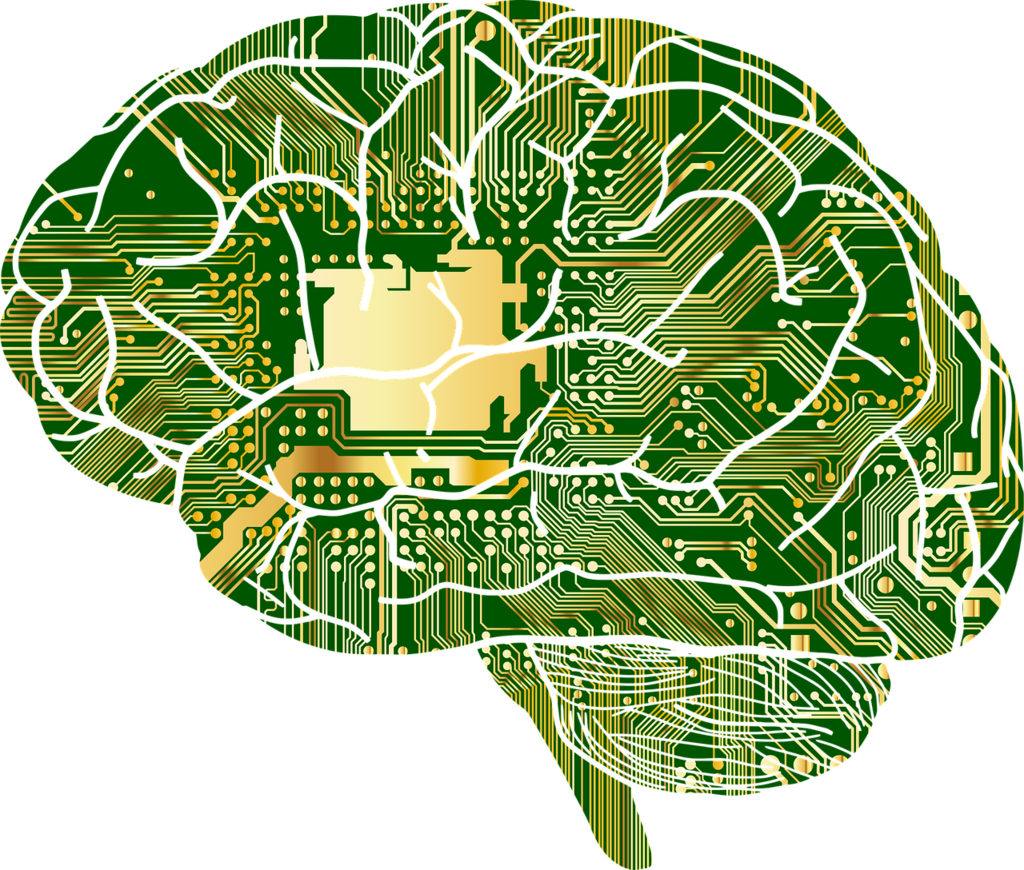Think about an AI that doesn’t just guess what you’re going to do next, but knows it, can predict what you’ll do in new situations, can adapt to your quirks, and can even guess how long it will take you to react. Researchers at Helmholtz Munich have created Centaur, a groundbreaking artificial intelligence model that makes that promise. Centaur is much better than earlier systems at predicting behavior because it has been trained on 10 million real human decisions from psychological experiments. But how does it work? Could it one day figure out how the brain works?
The Birth of Centaur: A Virtual Laboratory for Human Behavior

Centaur is more than just a language model; it’s a cognitive mirror. Psych-101 is the world’s largest dataset of human behavior, with 60,000 people and 160 experiments. It takes transcripts of psychological tasks that participants saw, heard, and did, and then predicts what they will do next. Researchers fix it when it makes a mistake, improving its accuracy like teaching a genius. Unlike earlier models, Centaur does well in new situations and can adapt to settings it has never seen before.
Centaur did better than all other AI models of human thought in tests. It even predicted how long it would take people to react, which was thought to be too complicated for machines before.
Beyond Mimicry: Does Centaur “Think” Like a Human?

The central query revolves around whether Centaur is only imitating actions or truly replicating the concealed workings of the brain. “We have a black box that predicts well, but we don’t yet see how it decides,” confesses lead researcher Marcel Binz. “Is it modeling cognition or just outcomes?” adds NYU’s Brenden Lake. What is most intriguing is that the team intends for Centaur to reverse-engineer decision-making, comparing patterns of the tool’s outputs with neural activity in healthy individuals and those with diagnosable mental disorders.
This hypothesis poses an unexpected challenge: If the logic underpinning Centaur’s operations corresponds to human reasoning, it could affirm or shatter decades-long psychological constructs.
From Labs to Life: Real-World Applications
The potential of Centaur extends past academia into:
- Mental Health: Simulate the impact of depression or anxiety on decision-making to personalize treatment.
- Education: Addressing and personalizing student reasoning is a “game changer,” says Lake.
- Experiment Design: Advance clinical psychological research by determining which experimental configurations produce the most unambiguous results.
- Controversy: There’s potential for dire misuse, such as policing, hiring or other predictive profiling. The team maintains ethical disclosure, demanding open-source models for data protection.
The Data Engine: Inside Psych-101

The breadth of topics within Psych-101 is larger than life; it goes from moral issues to risk-taking and learning-reward systems. It manually standardized all 10,000,000 decisions for AI ingestion. Future versions will include demographics like age and socioeconomic status to anticipate how certain traits influence behavior.
Constraint: the dataset is skewed toward controlled environments. Can Centaur manage the spontaneous chaos of the real world?
The “Trolley Problem” Test: AI vs. Human Ethics

In homage to classic ethical dilemmas, researchers evaluated Centaur based on scenarios such as the trolley problem (saving many by sacrificing one). While its decision-making mirrored the average human’s, some of its responses were controversial. As one critic put it: “Would it derail the trolley like an engineer, or coldly minimize casualties?”.
Further Analysis: The technologists defending Centaur argue that its greatest contribution is exposing biases, for instance, how one’s cultural context influences their choices.
The Future: A Cognitive Crystal Ball?

Helmholtz Munich wants to turn Centaur into a “foundation model” for how people think, like GPT is for language. Think about:
- Personal AI Advisors: They can guess what you’ll do next in your career or when you’ll go shopping.
- Policy Simulations: Predicting how people will react to laws before they are passed.
Skepticism: Critics say it’s going too far. Lake says, “Prediction isn’t understanding.” But he also says, “This is the closest we’ve come to AI that thinks like us.”
The Ethical Tightrope

Centaur’s power needs safety rails. Important problems:
- Privacy: Is it possible to keep sensitive behavioral data safe?
- Bias: Will it pick up on the biases in its training set?
- Autonomy: Should AI even gently push us to make choices?
The team’s motto is “Use it wisely.”
Final Thought
Centaur isn’t just guessing what people will do; it’s showing us what we all think. It could be a tool for enlightenment or a Pandora’s box, depending on what we want it to be. We can be sure of one thing: AI can now read more than just text.
Sources:

Suhail Ahmed is a passionate digital professional and nature enthusiast with over 8 years of experience in content strategy, SEO, web development, and digital operations. Alongside his freelance journey, Suhail actively contributes to nature and wildlife platforms like Discover Wildlife, where he channels his curiosity for the planet into engaging, educational storytelling.
With a strong background in managing digital ecosystems — from ecommerce stores and WordPress websites to social media and automation — Suhail merges technical precision with creative insight. His content reflects a rare balance: SEO-friendly yet deeply human, data-informed yet emotionally resonant.
Driven by a love for discovery and storytelling, Suhail believes in using digital platforms to amplify causes that matter — especially those protecting Earth’s biodiversity and inspiring sustainable living. Whether he’s managing online projects or crafting wildlife content, his goal remains the same: to inform, inspire, and leave a positive digital footprint.




